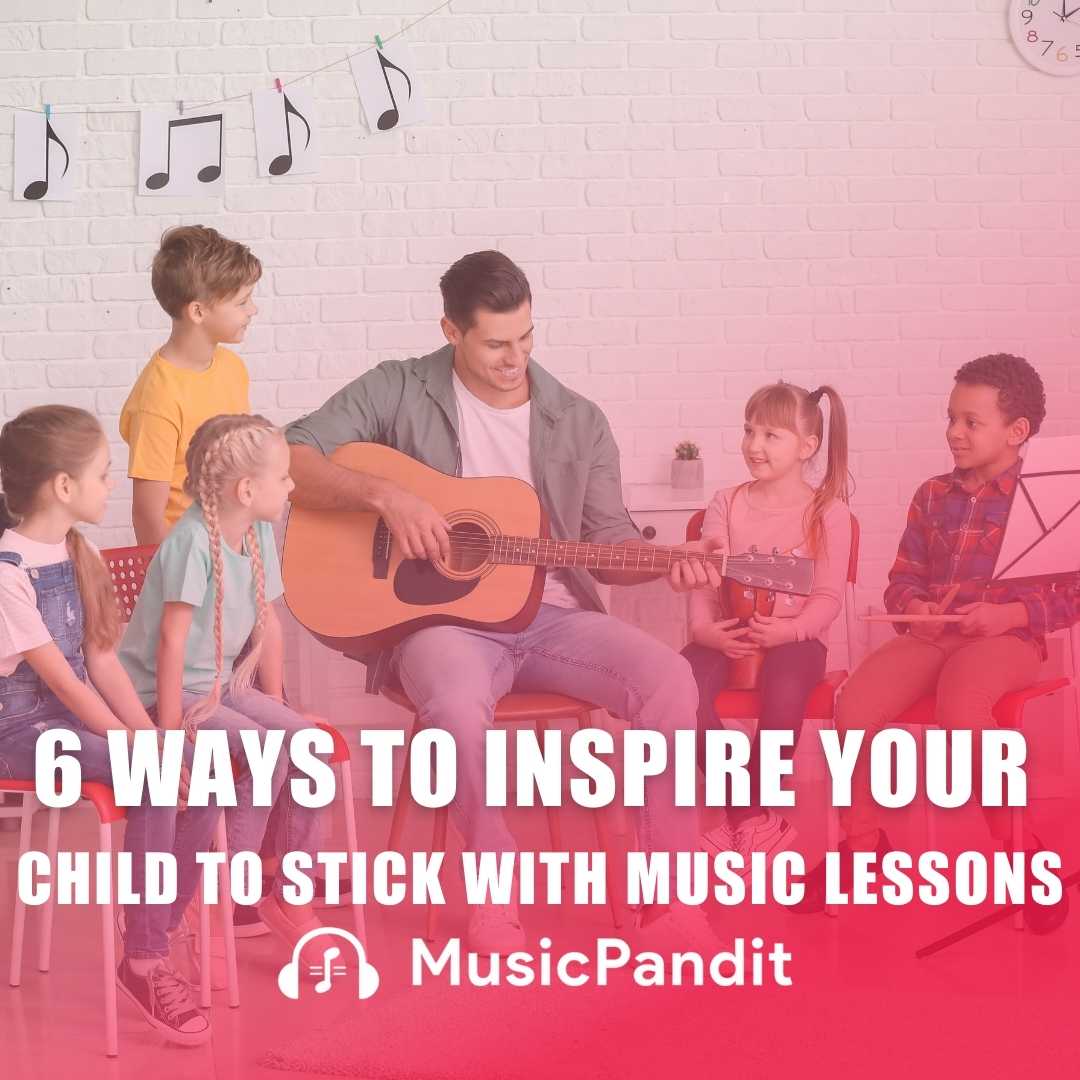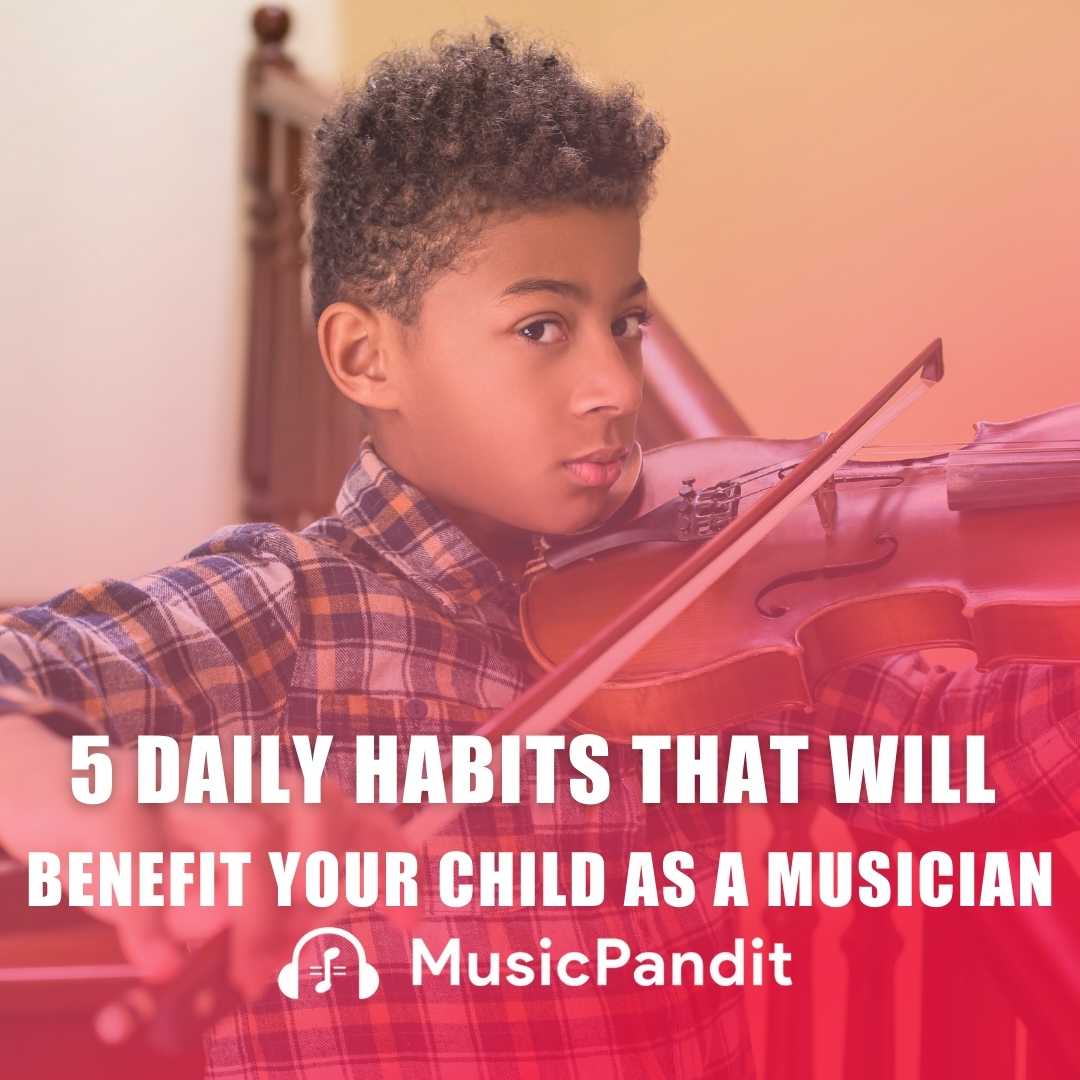We often feel certain emotions when we listen to various kinds of music. Scientists and researchers find this interesting and have tried to establish whether this can be real. It is in fact one of the most fascinating debates in the sphere of music psychology.
Some researchers have even vouched for it that music is the biggest influencer in inducing emotions in a person. While other recent studies have proved that there is an intensity in the regions of the brain associated with rewards and emotions when a person listens to music that is pleasurable such as the release of dopamine.
Listening to music is a known method to alter one’s emotional state and overcome stress and tiredness.
Music Can Affect Emotions
Scientists also state that listening to music can activate what is called mirror neurons in us. These are the neurons that respond to what we see or feel in others. Little wonder why when we hear a singer’s deeply emotional voice, we can feel that emotion within ourselves too.
This mirror response makes us feel more connected and gives us a sense of community. It helps us to experience a variety of emotions like pleasure, positive feelings, comfort and sometimes even pain within a safety net.
Music Can Affect Behaviour
As per research music does influence not just our emotions but how we behave. From our shopping actions to criminal behaviour can all be linked to the music we hear. And the results often depend on the kind of music people listen to when they are alone versus when they are with others.
A study conducted on a group of college students found that listening to happy pop music increased levels of cooperation between students as compared to listening to heavy metal music.
A study by the American Journal of Public Health has shown that teens who (are more prone to peer pressure) watched rap music videos for more than fourteen hours a week were 1.5 times more susceptible to drugs and alcohol. They were also 2.5 times at greater risk of getting arrested and three times more likely to engage in a fight with their teacher.
Music As Emotional Therapy
Since music has such a powerful impact on the brain, is therapeutic benefits are obvious. There are two kinds of therapy in music. These are Receptive and Active music therapy.
In the former, the therapist plays as the patient listens while in the latter the therapist and the client both play music together using their instruments, voices and other objects. Music enables people to reach and process intense experiences and feelings without verbalising them.
Music Boosts Spirit and Mood
Anyone who has listened to the song ‘Happy’ by Pharrell Williams or ‘Can’t Stop the Feeling’ by Justin Timberlake knows that music is a big mood enhancer. Little wonder why jazz music is used for romantic date settings and upbeat and fast-paced music is used for workout sessions.
According to researchers from the United Kingdom, they found that a special orchestra for people with dementia not just made them feel more self-confident but enhanced their mood as well.
Music Influences How We See Those Around Us
The question then is whether music helps us emote better. The answer according to research is a resounding YES! A study shows how people were shown pictures of happy and sad faces while listening to a particular piece of music.
It was found that the music they listened to was a big influence on how they viewed these people. For instance, if they were listening to peppy upbeat and happy music a neutral face also seemed like a happy one to them.
Music Makes Us Relive Our Memories
While new music can make us feel a whole range of emotions, old music that we have heard before can help us remember the past. It can make us feel emotions that we felt in the past while experiencing life when we heard the music last.
It can bring back old memories and stir up old emotions unconsciously influencing how we feel at the moment. That is the reason why so many of us go back to the music of our generation and play those songs again and again.














